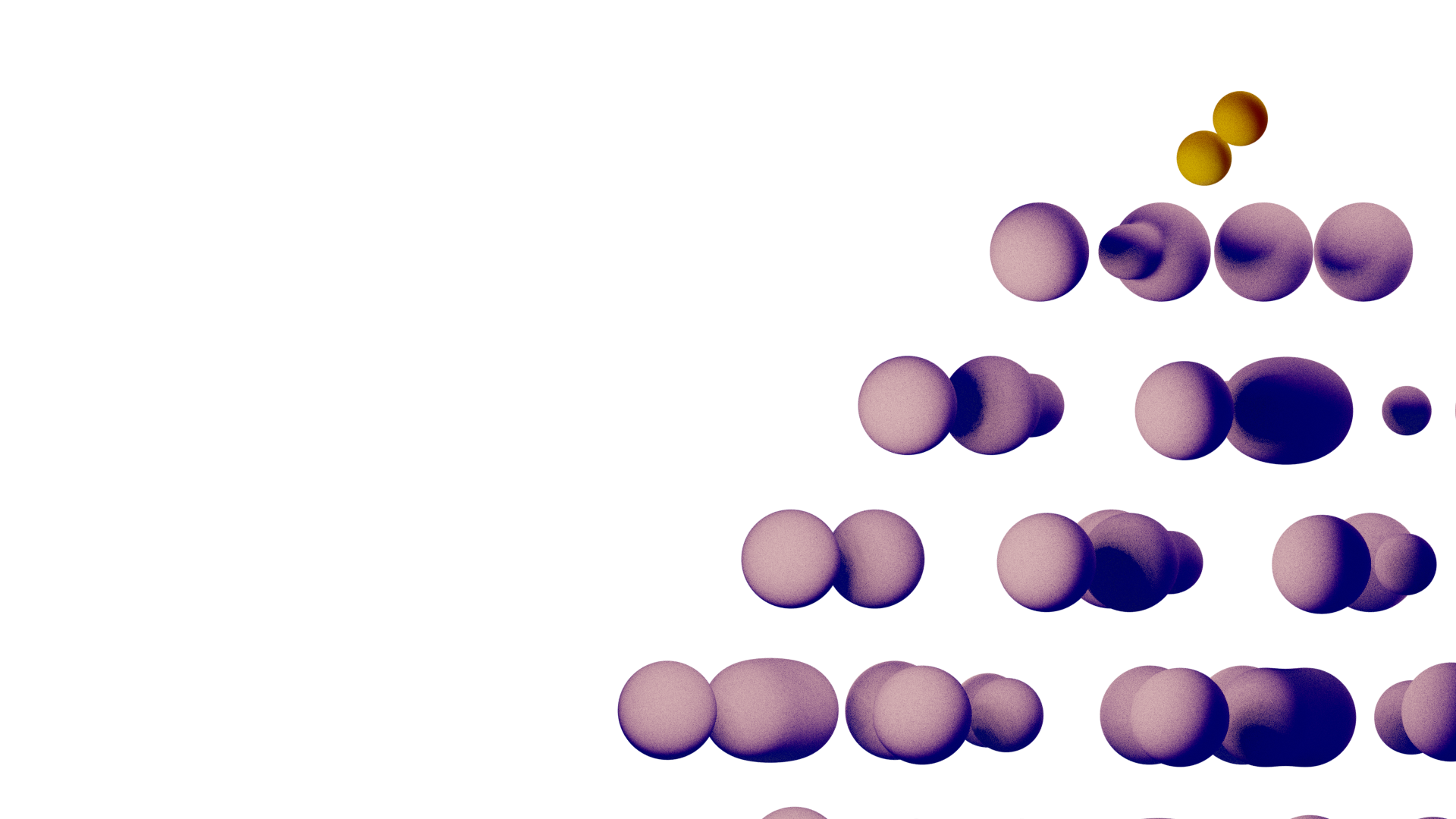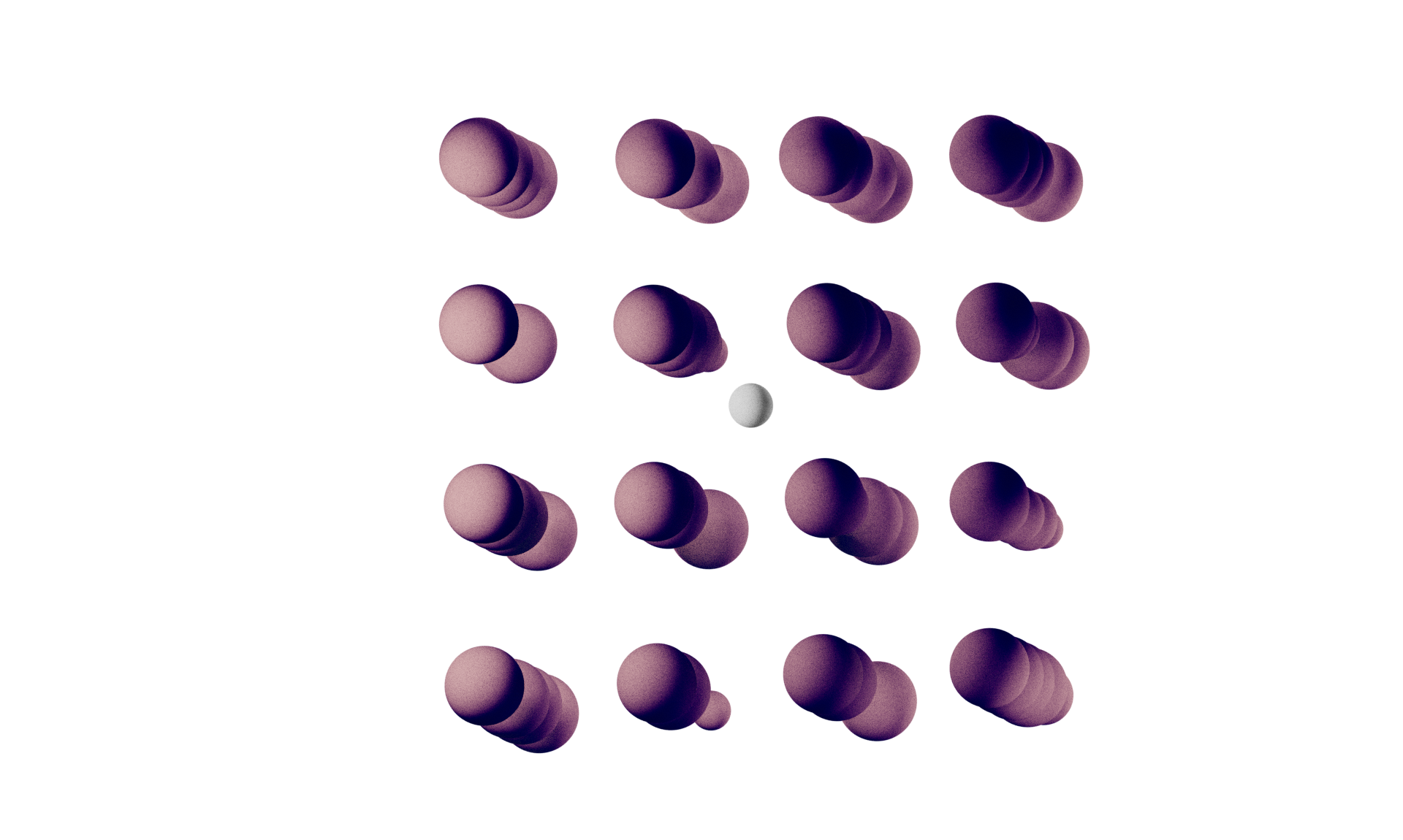This need creating feeling
When asked whether you have enough money to meet your monthly needs, no one today will answer in the affirmative. Nor will anyone give you a precise answer to the question of how much money they would actually need per month. Regardless of people’s income level and social status, the answers tend to follow the well-known adage that one never has enough money.
The feeling that there is not enough money to meet our needs and desires is one of the most dominant mood indicators prevalent in all areas of personal, business and social economy of today. It is important to bear in mind that we are dealing primarily with a feeling and not necessarily with an actual financial state. It is this very feeling that is the paradoxical generator of contemporary consumption and global economy.
Getting more and better for one’s money is a classical model driving market economy. Free market economy is based on a belief that we will get more for our money if we have a wide range of products to choose from. To justify the rationality of a purchase competing suppliers try to convince us with numerous smart arguments. As a result, we end up dealing with such an inscrutable extent of choice that it is virtually impossible to make rational choices. To do so would be too time- and energy- consuming; our needs are simply too urgent to be fulfilled. Purchasing time that is supposed to fulfil the need is getting shorter, way too short to be rational. Under the pressure of everyday needs, rationality is being subordinated to factors such as one’s trust in the retailer, brand loyalty, established habit buying, seasonal promotions, etc. The feeling that there is not enough money is becoming ever so strong. It is this feeling that generates the pressing need to rationalise consumption at all levels.

The irrationality of savings
Today, the supply on the market follows our feeling and need to rationalise our spending. Manufacturers keep offering cheaper, more functional, state-of-the art, technologically sophisticated, perfectly designed products that will help us to economize and improve our quality of life. Retailers keep offering cheaper purchasing channels, loyalty programmes, the best price for a certain quality, permanent savings on purchases. Online shops and price comparison websites abound with promises to save us time and money. The need for rational shopping is virtually “guaranteed”, the market has “recognised” our feelings and offered us its “solutions”.
Naturally, the reality is different. Behind every saving there lurks a new need and new consumption. The more we save, the more we can spend.
Digital revolution has transformed the production of needs. The World Wide Web has become a digital highway for the desire generating industry. The overbearing need to downsize simply opens extra room for irrational impulses, emotional reflexes, purported “spontaneity of being”, usually summed up as an obfuscated notion of freedom.
Time and money
One of the most common pledges the individual encounters on the market today is that of saving time. Time is presented as a most precious commodity (next to clean air, water and land), as the indisputably finite resource of inestimable value in the personal economy (next to happiness, health, safety, etc.).
Time and money. Both are subject to the same mechanisms of constant shortage. We invariably lack time daily, and similarly, we end up every month wondering in awe where the money has gone. We have spent time looking for savings and we spent money to buy them.
The faster we live, the more we need. Speed generates a persistent feeling of lack of time.Increasingly we end up being content to trust others to make prudent choices for us and to believe that their choices are beneficial for our lives, and that the free market is our travel companion on the road to progress and better future. We are willing to pay for this promise and believe that the price we pay delivers on it. Although our personal experience persistently convinces us otherwise, the pleasures of instant gratification, speed of “delivery”, friendly service, a sense of freedom, etc. are far more valuable than the dreary imperative of rationality. Rationality is boring, time-consuming, exhausting, soul-crushing. And too expensive to boot. It takes too much time and energy, and it ultimately leads to the same result over and over again – savings ultimately generate new consumption. Status quo? A vicious circle of consumption?
A surge of opportunities
The average middle-class person is becoming increasingly aware of the market reality they live in. We are subjected to daily pressures from suppliers and advertisers appealing to our feelings concerning shortage of time and money. Even if we do not want to bother with saving money, downsizing, systematising, reorganising, digitising, etc., we are constantly urged by “socially engaged” manufacturers and retailers to take life into our own hands, to make more out of less, urging us that better can be cheaper, and that life is too precious not to make the most of it. Every day, every hour. We are aware that every hour costs us something and that with every minute of our time someone, somewhere has earned something. This we do know.
There is more on offer than we can consume. There are more opportunities to save than there are minutes in life to spend them. This we know too. And we frown disparagingly when manufacturers and retailers encourage us to “seize the opportunity”. We know that this is neither the first nor the last opportunity of the day, we know that in the surge of opportunities there is actually no meaningful opportunity. We also know that those on the other side claiming that you can create real opportunities for yourself alone are probably right. However, to create our own opportunities is a risky, long-winded and frustrating business with no guarantees. To seize an offered opportunity is cheaper, more rational and more efficient. We know we delude ourselves.
Pleasure – the fuel cell of consumption
To earn money, we are willing to pay a high price in terms of time and energy. Consequently, we want to get the most out of it in terms of pleasure, fun and freedom. To rationalise consumption on a personal level therefore clashes considerably with this basic intimate economy. But our desires and needs always exceed our financial reality.
Money is amphibious. On the one hand, it means work, giving up, duties, while on the other hand there is gratification, making things happen, gratifications. On the one hand we are lackeys of money, on the other money lackeys us. On the one hand, there is duty; on the other, freedom. “Freedom” secured by money is possible to achieve only by way of managing, controlling, planning. This is increasingly inhibiting pleasure, which is the fuel cell of consumption.
Increasingly, many institutions offering financial products believe that the best consumer is an informed consumer. We are instructed on managing our money, personal finance planning, asset management, etc. They keep telling us that money is slipping out of our hands unchecked high and low. We are advised to draw a line between urgent and non-urgent expenditure, telling us to make monthly and annual plans, to maintain a gold reserve, to save money for a secure future.... In short, we are expected to spend money in a controlled and planned way. This only means extra work and worry, and less pleasure, fun and freedom. In this situation, every individual at some point draws a line defining his or her personal relationship with money.
Intimate economy
Time is money. However, this currency is convertible only up to a certain limit. We could call it the individual's inclination to time manage his or her time. Beyond this limit, time becomes inconvertible, it can no longer be priced rationally with money, as its value “goes wild” and its price skyrockets riotously on our intimate stock exchange of values. This does not mean it can no longer be bought, but buying time becomes irrational, exceeding all the parameters of a cost-effective economically justifiable purchase.
Many a product aims to enter the sphere of buying time, as this is a gold mine of consumption. Here, rational mechanisms have no effect whatsoever.
The suppliers are well aware of this, so striking a balance between the rational and the emotional is a standard calculation for advertisers, designers and manufacturers. This zone of life, ferociously resisting financial invasion, is therefore shrinking massively. The bigger the pressure, the more it shrinks and resists, and we end up willing to pay a higher price for our autonomy, freedom, independence...
We want more for our money
Naturally, we all want more for our money, the interest is certainly there, so the main issue is the action to follow the interest. As a rule, we believe that we should behave more rationally, systematically, and learn how to be more focused and organised to treat one’s household like a business company....
Every wallet wants more money and more pleasure for its money. In principle, there are two strategies. To create more money or to spend wisely. Both strategies, however, involve a certain amount of extra work, so they both collide in a similar way with the call for more pleasure. We are aware that controlling the necessary (spending) would save money for pleasure (uncontrolled spending). Rationalising ends up in the vortex of its own contradictions.
The demarcation line between work and play, necessity, and pleasure, the necessary and the unnecessary, is highly subjective and paradoxical. Pleasure is less strongly linked to money than modern neoliberal economy would have it. The relationship between the effect of controlled consumption and work that needs to be invested in control therefore becomes increasingly complicated. What is more, it becomes highly subjective and very difficult to define in terms of value. This is the usual dilemma between value and price. In the case of our wallet, it boils down to a price we are willing to pay in order to increase the value of our own money. Mind you, the money for which we have already paid the price with our own work, time and energy. It is a price too high, for too many, for too long.



